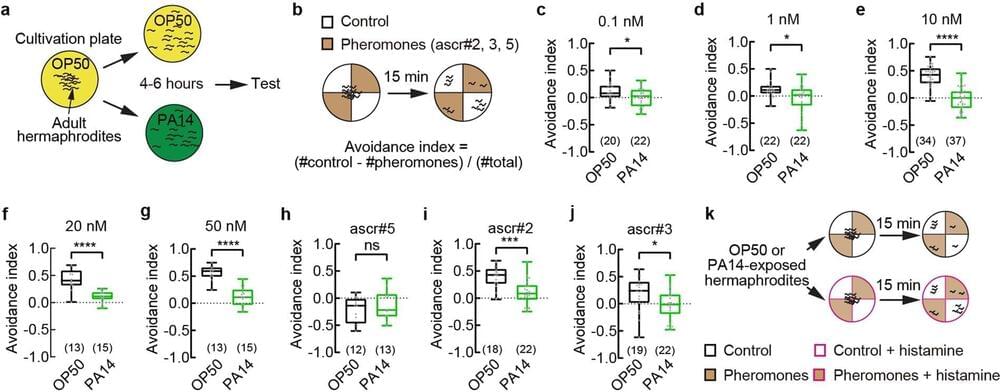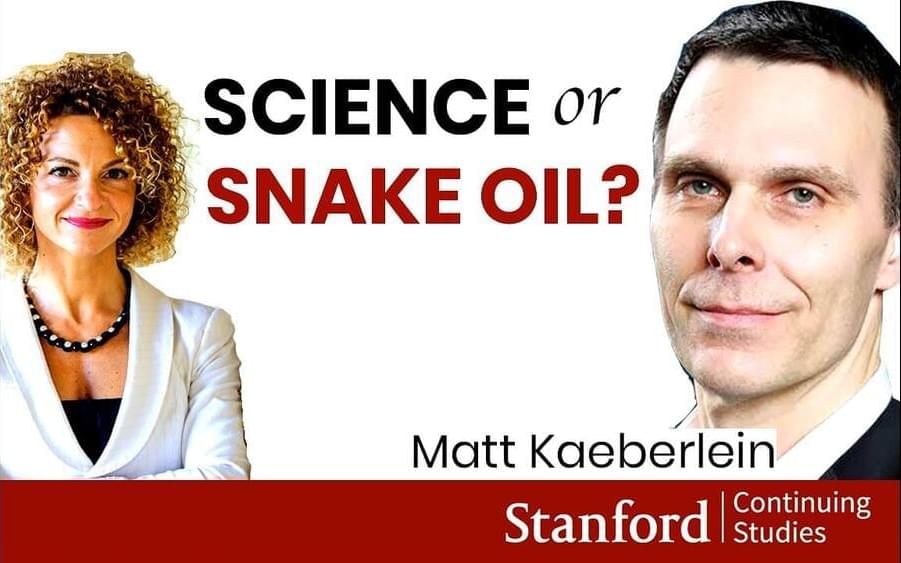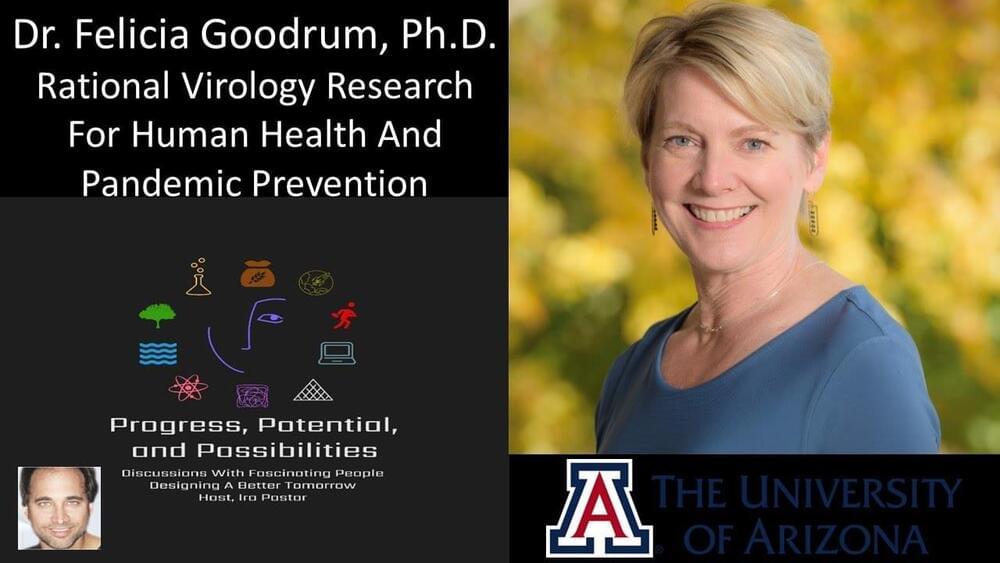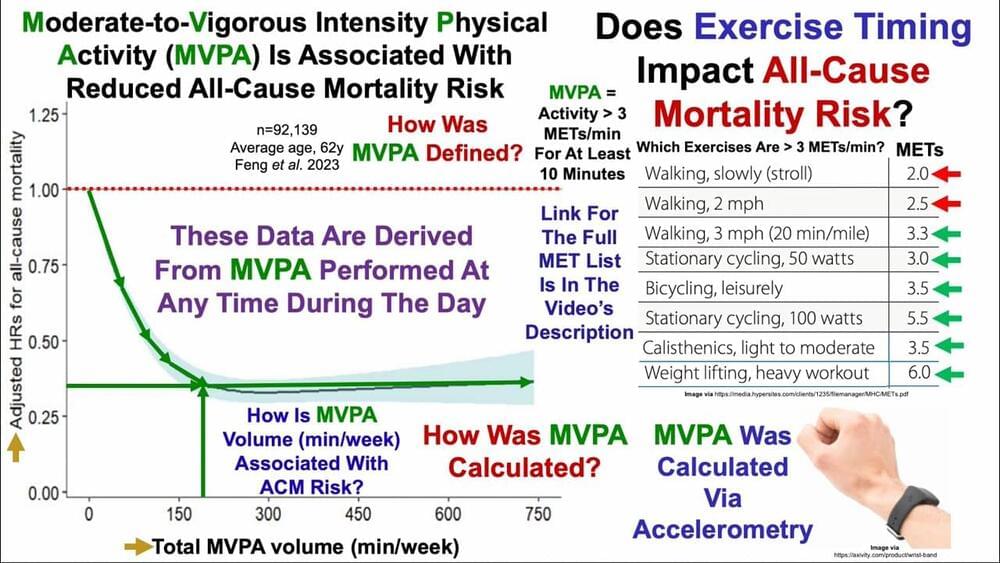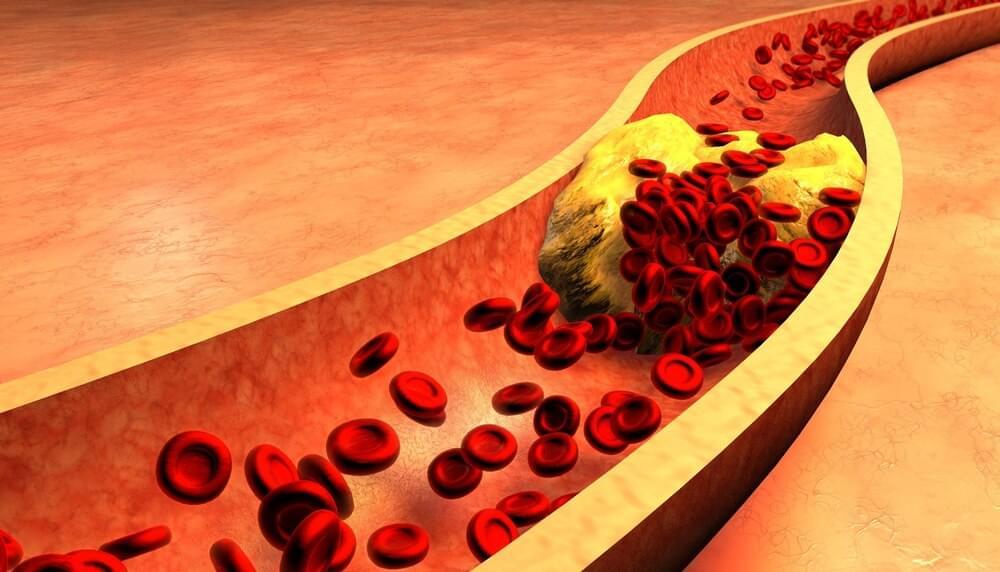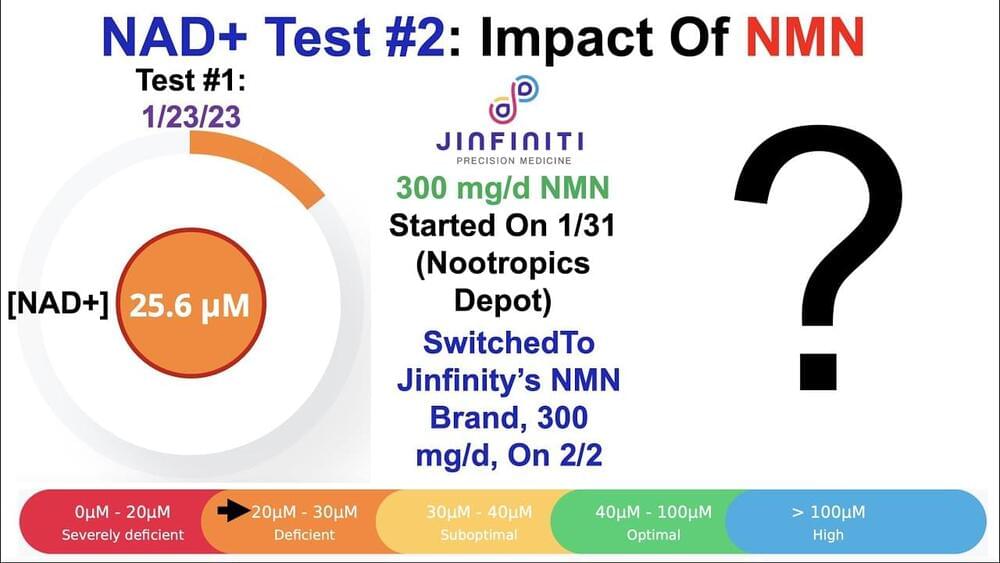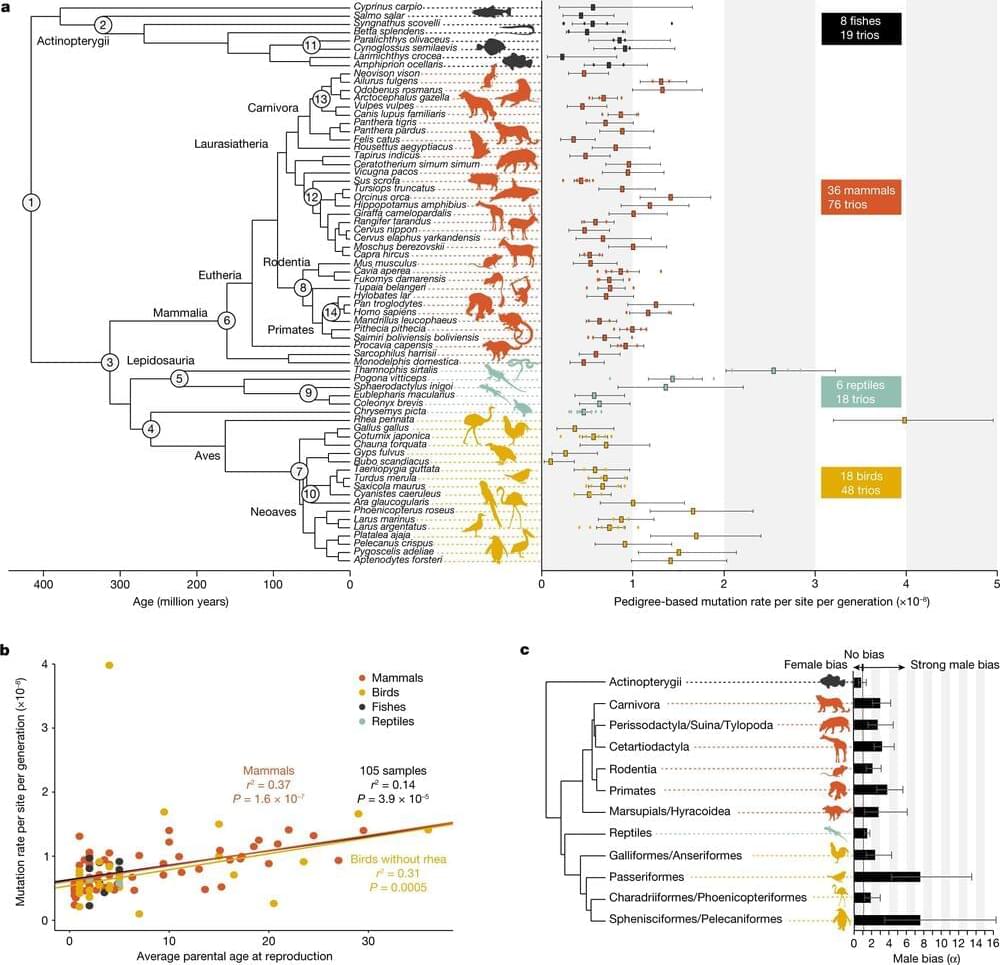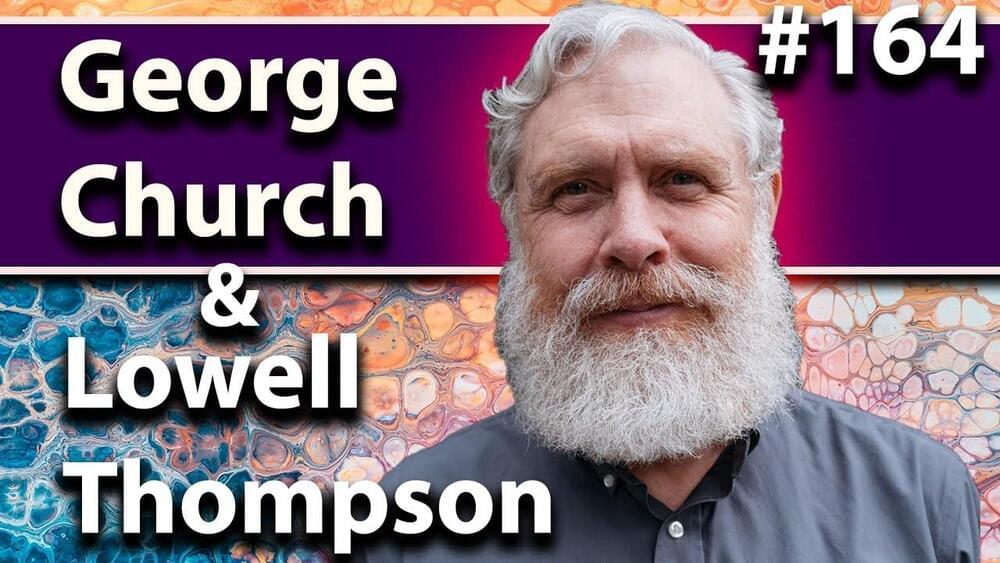Mar 7, 2023
Forget designer babies. Here’s how CRISPR is really changing lives
Posted by Kelvin Dafiaghor in categories: bioengineering, biotech/medical, genetics
Forget about He Jiankui, the Chinese scientist who created gene-edited babies. Instead, when you think about gene editing you should think of Victoria Gray, the African-American woman who says she’s been cured of her sickle-cell disease symptoms.
This week in London, scientists are gathering for the Third International Summit on Human Genome Editing. It’s gene editing’s big event, where researchers get to awe the audience with their new ability to modify DNA—and ethicists get to worry about what it all means.

